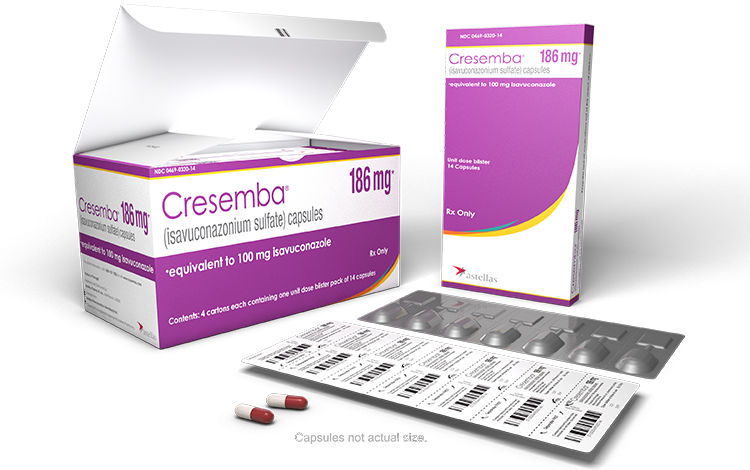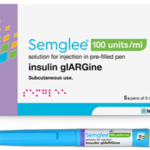FDA Approves Expanded Use of CRESEMBA® (isavuconazonium sulfate) in Children with Invasive Aspergillosis and Invasive Mucormycosis

The U.S. Food and Drug Administration (FDA) has granted approval for the expanded use of CRESEMBA® (isavuconazonium sulfate), an azole antifungal drug, in the treatment of invasive aspergillosis (IA) and invasive mucormycosis (IM) in pediatric patients.
Astellas Pharma US, Inc. announced the approval, emphasizing that CRESEMBA is the only azole antifungal therapy now approved for pediatric patients as young as one year old facing these severe and potentially life-threatening infections.
Key Points:
- Age Group Inclusion: CRESEMBA for injection is now approved for adults and pediatric patients aged 1 year and older, while CRESEMBA capsules are approved for adults and pediatric patients aged 6 years and older, weighing 16 kilograms (kg) and greater.
- Significance for Pediatric Population: Pediatric patients with hematologic malignancies, transplant recipients, and primary immune deficiencies face significant risks from invasive fungal infections. The FDA’s approval of CRESEMBA for pediatric patients addresses a critical treatment gap for these vulnerable individuals.
- Clinical Studies Basis: The FDA approval is supported by findings from two pediatric clinical studies, including a Phase 2 open-label, non-comparative, multicenter study (NCT03816176). The study involved pediatric patients aged 1 to 17 and assessed the safety, efficacy, and pharmacokinetics of CRESEMBA for the treatment of IA or IM.
- Pediatric Exclusivity: The FDA granted pediatric exclusivity for CRESEMBA, extending its market exclusivity period in the United States by an additional six months.
- Company Perspective: Lynn Fenicchia, Senior Vice President and Head of US Medical Specialties Business Unit at Astellas, highlighted the urgent need for addressing serious fungal infections, especially in the context of the increased occurrence during the recent COVID-19 pandemic. The approval is seen as a positive step in offering hope to the highly vulnerable pediatric population with limited treatment options.
About Invasive Aspergillosis and Invasive Mucormycosis:
- Invasive aspergillosis is a life-threatening fungal infection primarily observed in immunocompromised patients, such as those with leukemia.
- Invasive mucormycosis is a rare and often life-threatening fungal infection.
- Both IA and IM contribute significantly to morbidity and mortality among immunocompromised and hospitalized pediatric patients.
About CRESEMBA® (isavuconazonium sulfate):
- CRESEMBA is an azole antifungal indicated for the treatment of invasive aspergillosis and invasive mucormycosis in adults and pediatric patients.
- The drug is available in both injection and capsule forms, catering to specific age groups and weight criteria.
- Important safety information includes contraindications, warnings, and precautions related to hepatic adverse drug reactions, infusion-related reactions, hypersensitivity reactions, and embryo-fetal toxicity, among others.
About Astellas Pharma US, Inc.:
- Astellas Pharma US, Inc. is a U.S. affiliate of Tokyo-based Astellas Pharma Inc., operating globally in over 70 countries.
- The company focuses on addressing unmet medical needs and conducting business with ethics and integrity to improve health outcomes worldwide.
Cautionary Notes:
- The press release includes cautionary notes about forward-looking statements, highlighting the potential impact of economic conditions, regulatory changes, currency exchange rate fluctuations, delays in product launches, and other factors on the company’s future performance.
Note: The provided summary encapsulates key information from the press release and does not include specific details such as the publication time on PRNewswire or potential additional information available in the full press release.





